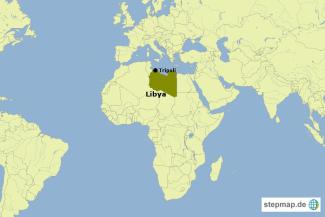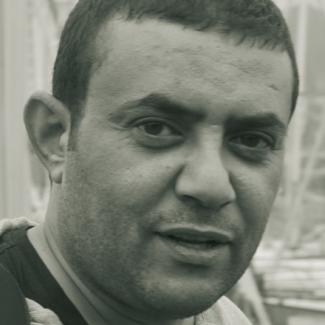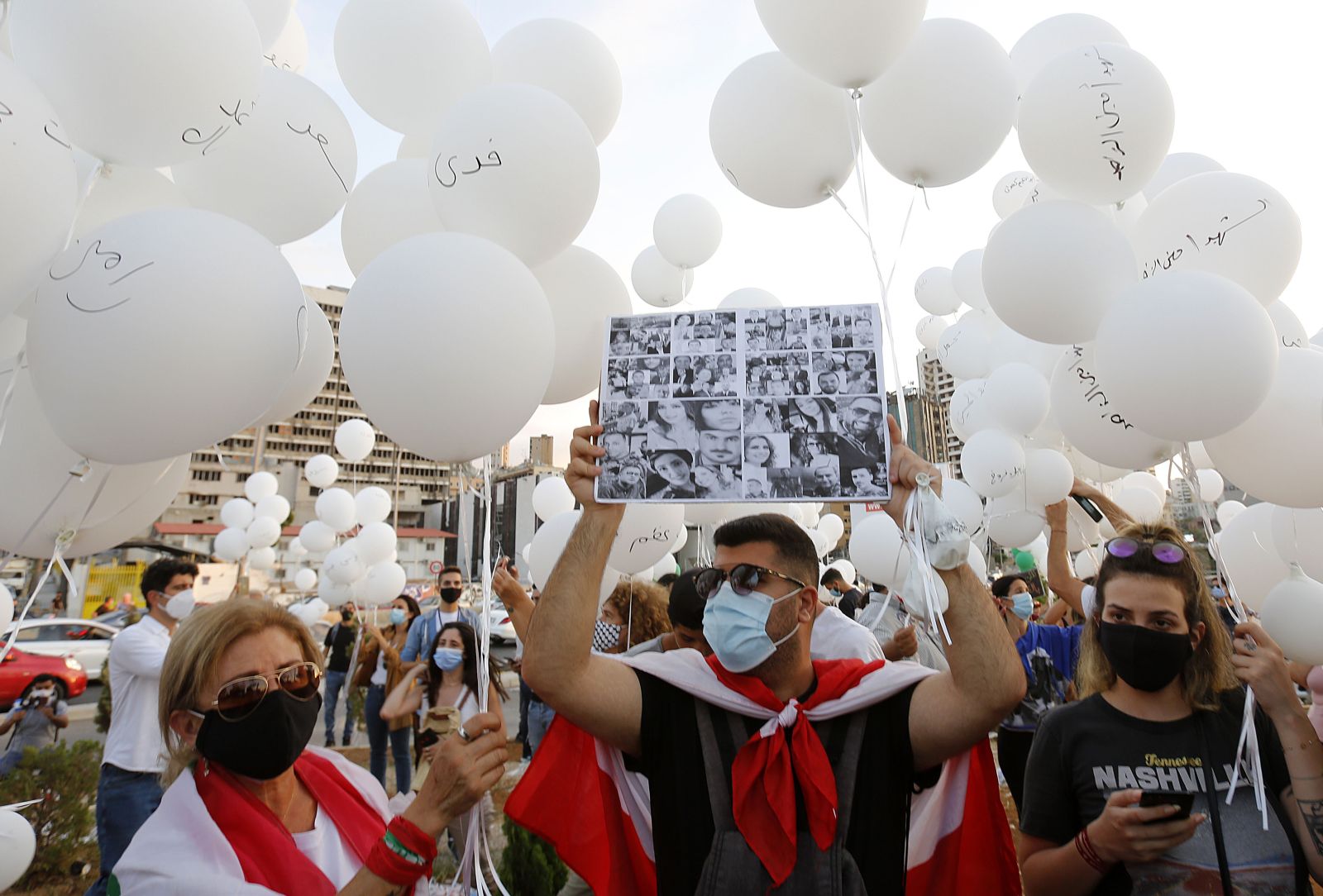Health care
From bad to worse

“If I have to go to see a doctor in a governmental hospital, I know it will be a long day. First, I have to register my name and wait, which might take couple of hours. Also, the bad treatment by the people working in the hospital makes me feel humiliated,” complains Amel Shibani, a Tripoli resident. “The private clinics here are very expensive and technically weak. Like many other Libyans, I would rather travel to Tunisia. The clinics there are better,” Amel explains.
It is “all about management”, says Fathia Ghabaj, a physician in a governmental hospital. “We suffer as much as the patients from the poor management. Nothing is under control, nobody knows their mission exactly. If we want to develop the health sector, we’ll have to rethink management mechanisms.”
Libya has about 6 million people. According to official data of 2009, there are 8,612 Libyan resident doctors. However, many of them are not practicing, but working in the management. Ninety-six state clinics operate all over the country. Medial attention there is free of charge, but its quality is poor. Moreover, many private clinics are scattered throughout the country, estimated to be hundreds. There are no accurate statistics however. After the revolution, many Libyans working in the governmental sector got a health insurance which entitles them to use the expensive private clinics.
During Gaddafi’s rule, many of the skilled health personnel left the country. “The decline of the human-rights situation led to the migration of many physicians from Libya,” explains Fatima Hamroush, physician and former health minister of the transitional government in 2012. Apart from Gaddafi, she blames “unethical people in management positions in the health-care system”. She adds that “low salaries of health sector workers led many to seek additional sources of income and neglect their primary duties.”
After the revolution, the health sector further deteriorated. Because of armed conflict, more people needed medical treatment. The fragile security situation is a major obstacle to improvements. According to Hamroush, security issues “prevent international companies from resuming medical projects that had been agreed previously.”
Moutaz Ali is a journalist and lives in Tripoli, Libya.
muttazmathi@yahoo.com













